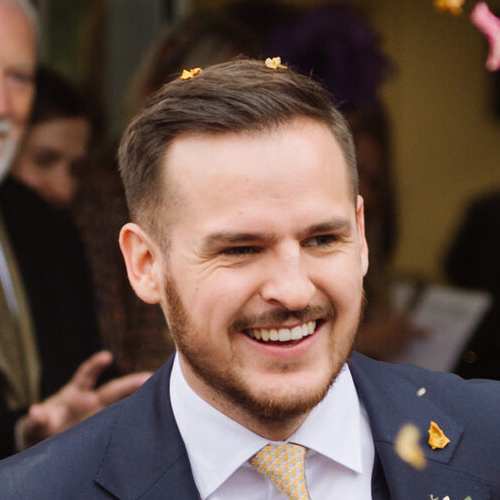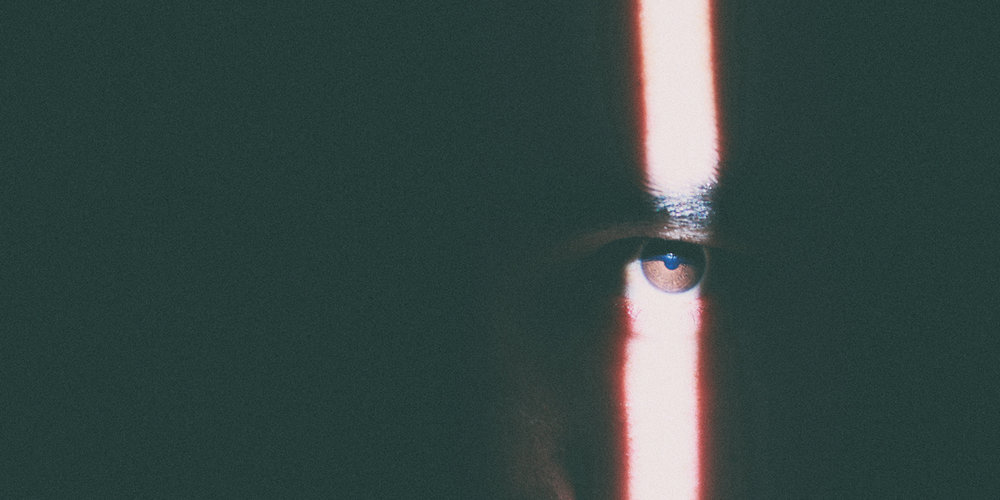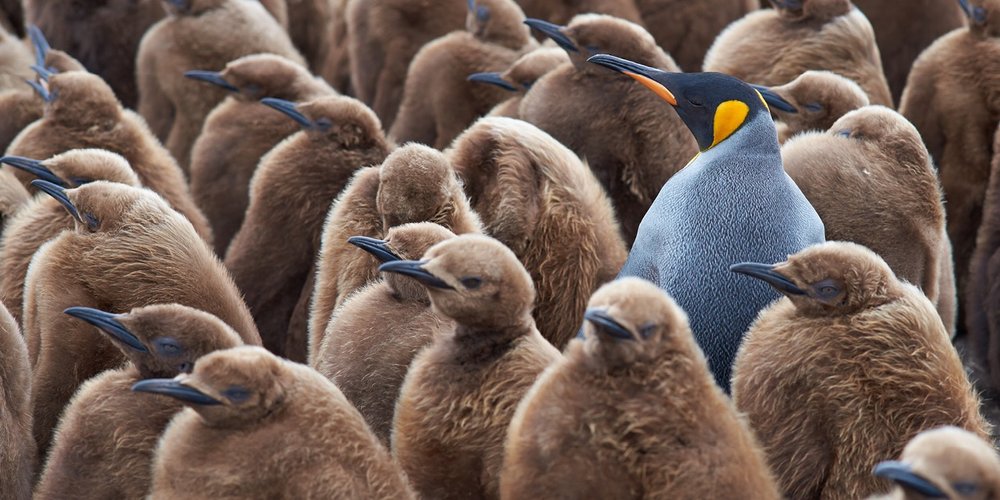The story is now familiar. Shortly after 8pm on 25 May 2020, the Minneapolis police were called to respond to a minor incident; a man was trying to purchase goods from a shop using a counterfeit $20 bill. This should have been an event of little significance, and we should never have come to know that man’s name. However, by 9.25pm that same evening, that man, George Floyd, was pronounced dead.
His final words are now famous: ‘I can’t breathe’. For nearly 9 minutes, a police officer pressed his knee into Floyd’s neck, slowly squeezing the breath out of his body until he lay motionless on the floor.
For many, the shocking footage of the killing has become representative of the pre-existing injustices they have experienced: a ‘person of peace’ being crushed by the weight of those put in power to protect him; the strong trampling the weak.
The legacy of George Floyd’s death has been to cause a deep sadness and shock around the world, and to cause many to consider whether racism and injustice exist closer to home, where formerly it went unnoticed. His killing has also unleashed a righteous anger against injustice and racism, and against those who perpetrate it. Peaceful protests have taken place in almost every major Western city, with people marching to bring attention to the racism present in society.
In a small number of cases, the anger of the protesters has turned to violence, and the words of Martin Luther King Jr. help to make sense of this: ‘a riot is the language of the unheard’. What we are seeing is the resentment and anger of people who are not being treated fairly and have not been listened to.
Thousands have marched in the peaceful Black Lives Matter marches in London, and the refrain that stuck out to me was ‘No Justice, No Peace’. The intention of the slogan is to assert that the protesters will not rest until justice is done. However, I think that the chant unintentionally but accurately explains the effect of injustice: when injustice abounds, the community is robbed of peace. This strikes me as true when I consider other injustices. Consider the Grenfell fire which happened three years ago next weekend; the Justice4Grenfell campaign continues to fight for justice, and that community will not find peace until they see justice done.
But why is justice so important to us? Why can’t we have peace without it?
Despite social justice being a pressing concern in our society (particularly in the minds of the younger generation), I do not think that the prevailing Western philosophy adequately answers those questions.
Western culture has gradually embraced moral relativism — the idea that there is no objective truth and therefore that there are no moral absolutes. Alongside (and connected to) this, we have become an increasingly secular society. Religion, particularly in a cultural sense, is ‘tolerated’ because it represents someone else’s ‘truth’. But belief in God has slowly moved to the margins of society, and to some extent is seen as eccentric.
These changes in society undermine the foundations upon which our concept of justice has been developed. Moral relativism erodes the objectivity of belief in the inherent, and equal, value of human life, which has been a cornerstone of social justice (including the fight against racism). In addition, a rise of secularism has weakened the belief that life has a grander purpose. If there is no real purpose in life, then why would people sacrifice their privilege, time and resources to obtain justice for another, rather than enjoying all the world has to offer for the short time they have here?
It seems to me that the prevailing worldview of the West – which might be summarised as ‘do what makes you happy’ or ‘you do you’ – is a weak explanatory tool for the deep sadness and anger we presently feel about the George Floyd killing.
So why do we have a profound desire for justice to be done, and an anger when it is not? The writer C.S. Lewis points out that for most desires there is a corresponding satisfaction: hunger is met by food, thirst by water and so on. To have a desire suggests that it can be satiated. But we can plainly see that when it comes to justice, so often our desires are not satisfied. The grand scheme of human history is littered with injustices which were not remedied. C.S. Lewis’ conclusion was this: ‘if we find ourselves with a desire that nothing in this world can satisfy, the most probable explanation is that we were made for another world.’
Perhaps our thirst for justice suggests that our world is not meant to be like this — that there were not meant to be tragedies like George Floyd’s murder. Perhaps we lack peace when justice is not done because we were made for a just world. Why else would our hearts rage so instinctively against injustice?
I find that to be a compelling explanation. But it still begs the question of how justice is to be done. The first, and most obvious, answer is to say that justice must be done through the choices of individuals. We can, and should, act now to bring justice and peace to our communities. But I think that there is also a deeper answer, which gives hope to those who may not see justice done in this life. George Floyd’s pastor, Patrick PT Ngwolo, whilst reflecting on the murder of George Floyd, expressed it like this: ‘God does hear us. He hears [George’s] cry even from the ground now. [Justice] will either happen on the cross or will happen on Judgment Day.’
On the cross, Jesus was sentenced to death in a miscarriage of justice. He was beaten and suffocated in the presence of a crowd. When he died, he uttered words that sparked a movement: ‘it is finished’. In that moment, the end was sealed; injustice will come to an end, and peace will abound.
In response to George Floyd’s murder, and the spotlight it has cast on racism and injustice, I think we have two questions to consider. Firstly, will we take part in bringing justice, refusing to be passive, and instead choosing to stand up for the poor and the downtrodden? If we do that, we can become peacemakers in our communities. Secondly, and perhaps a bigger question: George Floyd said ‘God’s business… that’s my business’. Will you make that declaration too, choosing to turn to the Judge of this world, the only one who can ultimately bring true and final justice and peace?




